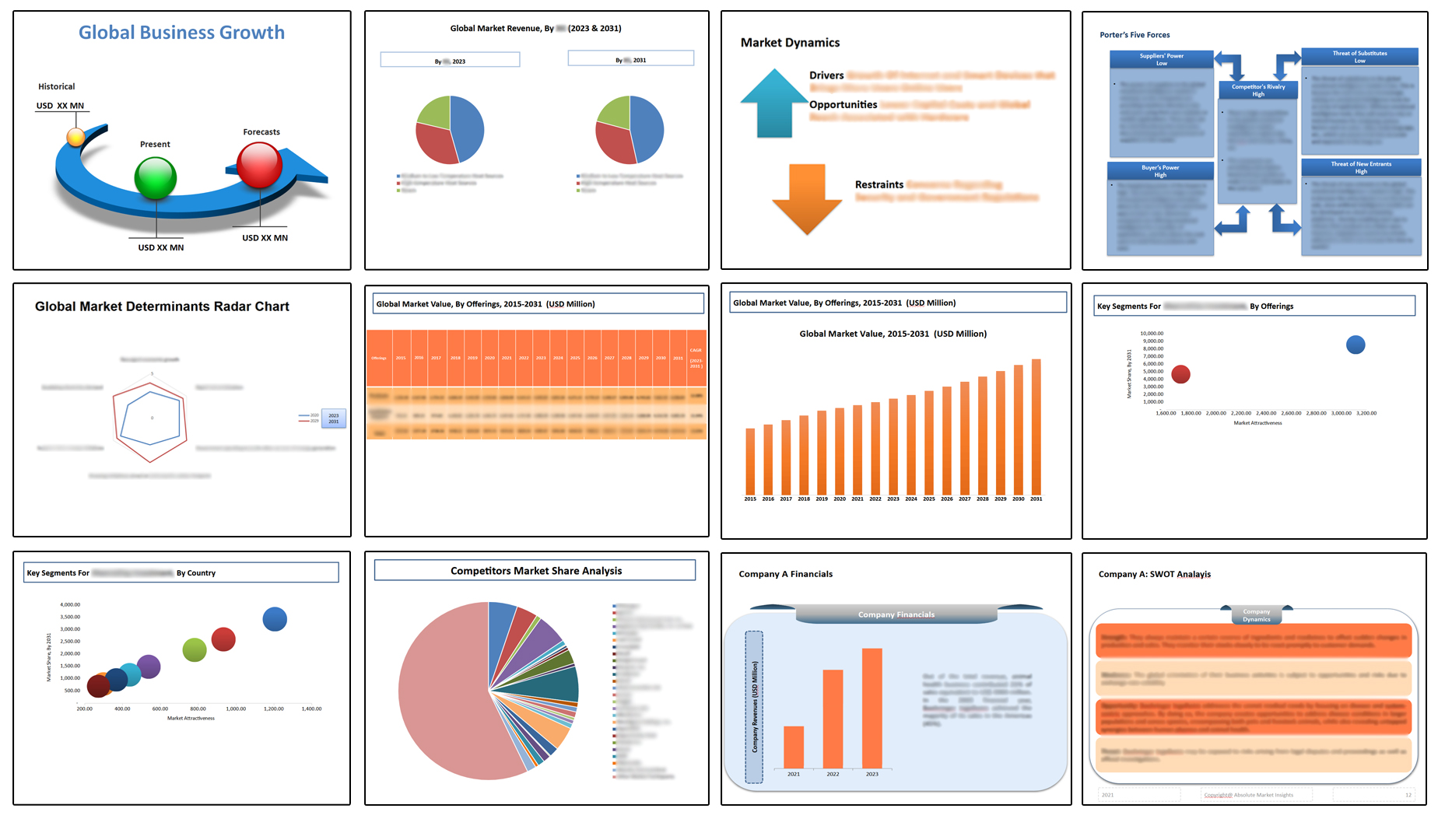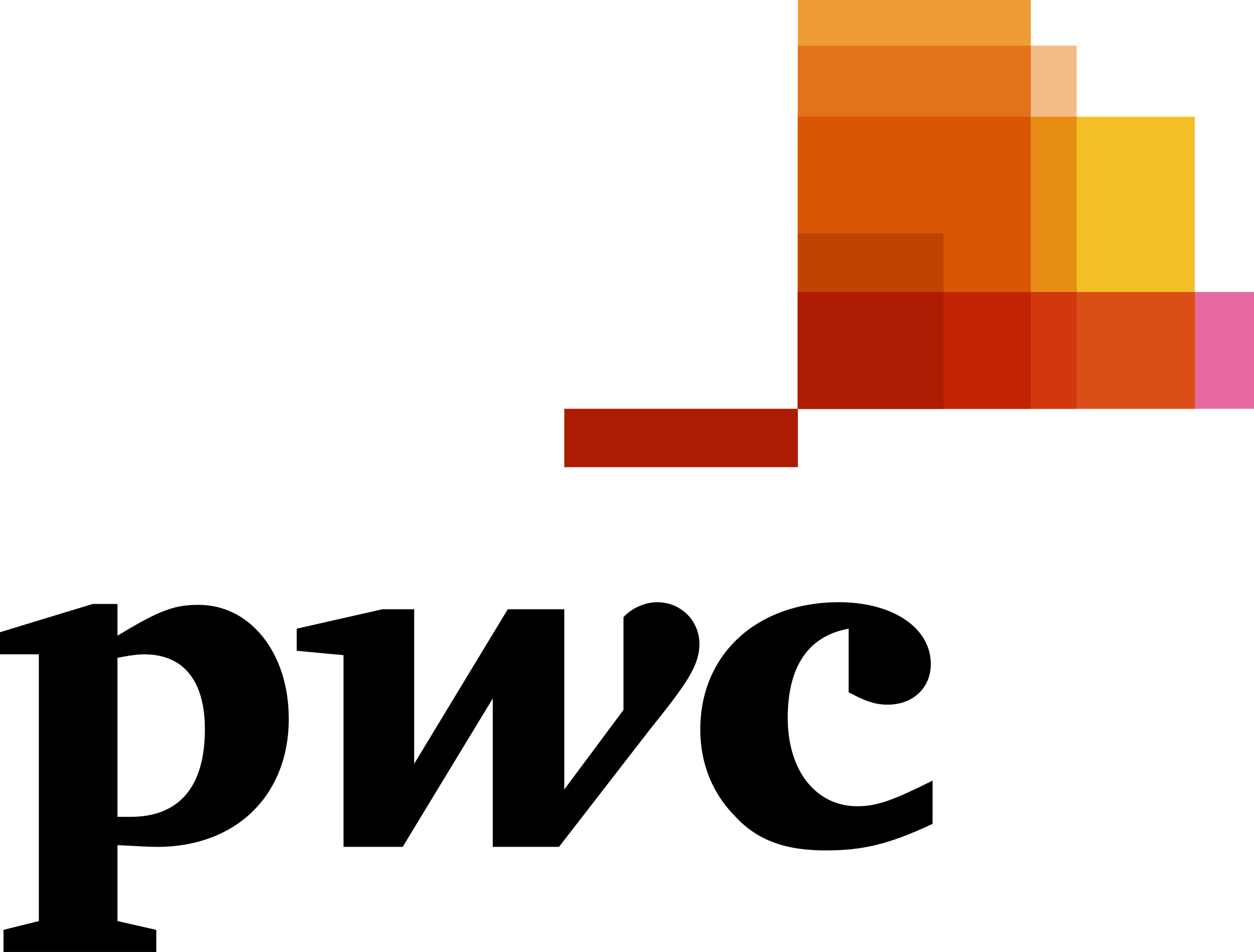Global Wearable Computing Market Insights, Growth, Share, Size: By Product Type, By End Use, By Region & Segmental Forecast, 2023-2031, Comparative Analysis and Trends
- Industry: Technology
- Report ID: TNR-110-1005
- Number of Pages: 420
- Table/Charts : Yes
- November, 2023
- Base Year : 2024
- No. of Companies : 15+
- No. of Countries : 29
- Views : 10179
- Covid Impact Covered: Yes
- War Impact Covered: Yes
- Formats : PDF, Excel, PPT
Global Wearable Computing Market Accounted for USD 59.34 Bn in 2022, Projected to Gain CAGR of 20.49% from 2023- 2031
Wearable computing is the use of a tiny, body-borne computer or sensory equipment that is worn on, over, beneath, or integrated into clothing. Constant contact between the user and the computer, in which the computer “learns” what the user is experiencing at the time, and superimposes new information on that experience, is a goal of contemporary wearable computing design.
Global Wearable Computing Market Revenue & Forecast, (US$ Million), 2015 – 2031

Factors Driving the Global Wearable Computing Market
The rise of wearable computing market is driven by a combination of technological innovation, changing lifestyles, and the desire for seamless integration of technology into daily lives. Technological advancements have led to the development of smaller, more powerful components such as sensors, processors, and batteries. This miniaturization enables the integration of complex functionalities into compact wearable devices.
These more powerful wearable computing gadgets often allow the wearer to capture and view photographs or videos, read text messages and emails, reply to voice commands, surf the web, and do other things. While wearable computing devices are still in the realm of science fiction, rumoured gadgets like as Google Glass and the Apple iWatch may soon bring powerful wearable computing devices into the mainstream.

Smartwatches segment had highest share in the global wearable computing market. Smartwatches, fitness trackers, and VR/AR headsets have grown increasingly common in everyday lives in recent years. Wearables are expected to rise in popularity, so firms are naturally looking for new and imaginative ways to incorporate them into daily lives.
Wearable technology has grown into a significant trend in the fashion business in recent years. Electronics and computer technology are being integrated into clothes, accessories, and even implantable devices as part of wearable technology. Wearable technology has been used to develop a wide range of items, including smartwatches and smart jewellery, fitness trackers, and even garments that can measure health and well-being. For instance, Ford’s prototype’smart jacket’ for bikers.
The jacket contains sensors that wirelessly connect to the cyclist’s smartphone’s navigation software and sleeves that light up as the rider turns (making them more visible to traffic and pedestrians). Wearable computing in fashion have created new avenues for designers to customise items and have the potential to build a more sustainable future for the wearable computing market.

North America has been the leading regions in wearable computing market. The focus on health and wellness has been growing in North America, driving demand for wearable devices that can monitor physical activity, heart rate, sleep patterns, and other health metrics. Moreover the integration of wearable devices into healthcare and medical applications aligns with North America’s emphasis on improving healthcare outcomes through digital solutions. Many leading global technology companies are headquartered in North America. These companies, including Apple, Google, Fitbit (now owned by Google), and others, have played a pivotal role in shaping the wearable computing market. The region is likely to continue influencing the wearable computing market globally through technological advancements, user-centric design, and diverse applications.
Competitive Landscape
The report examines the market participants in the global wearable computing market in depth. In order to grow their market share and retain dominating positions in various areas, these companies are using various strategies such as new product releases, partnerships, expansion, joint ventures, agreements, and others. These players compete based on factors such as technological innovation, industry expertise, scalability, cost-effectiveness, and the ability to deliver tailored solutions.
Some of the players operating in the global wearable computing market are:
- Apple Inc.
- Catapult
- Fitbit Inc.
- Fujitsu Limited.
- Garmin Ltd
- GoPro Inc.
- Huawei Technologies Co., Ltd
- LG Electronics Inc.
- Motorola
- Samsung Electronics Co., Ltd
- Seiko Epson Corporation.
- Sensoria
- Siemens
- Vuzix Corporation.
- Xiaomi Corporation
- Zebra Technologies Corp
- Other Industry Participants
Global Wearable Computing Market Report Coverage
| Report Specifications | Details |
| Market Revenue in 2022 | US$ 59.34 Billion |
| Market Size Forecast by 2031 | US$ 252.34 Billion |
| Growth Rate (CAGR) | 20.49% |
| Historic Data | 2015 – 2021 |
| Base Year for Estimation | 2022 |
| Forecast Period | 2023 – 2031 |
| Report Inclusions | Market Size & Estimates, Market Dynamics, Competitive Scenario, Trends, Growth Factors, Market Determinants, Key Investment Segmentation, Product/Service/Solutions Benchmarking |
| Segments Covered | By Product Type, By End Use |
| Regions Covered | North America, Europe, Asia Pacific, Middle East & Africa, Latin America |
| Countries Covered | U.S., Canada, Mexico, Rest of North America, France, The UK, Spain, Germany, Italy, Nordic Countries (Denmark, Finland, Iceland, Sweden, Norway), Benelux Union (Belgium, The Netherlands, Luxembourg), Rest of Europe, China, Japan, India, New Zealand, Australia, South Korea, Southeast Asia (Indonesia, Thailand, Malaysia, Singapore, Rest of Southeast Asia), Rest of Asia Pacific, Saudi Arabia, UAE, Egypt, Kuwait, South Africa, Rest of Middle East & Africa, Brazil, Argentina, Rest of Latin America |
| Key Players | Apple Inc. , Catapult, Fitbit Inc., Fujitsu Limited., Garmin Ltd, GoPro Inc., Huawei Technologies Co., Ltd, LG Electronics Inc., Motorola, Samsung Electronics Co., Ltd, Seiko Epson Corporation., Sensoria, Siemens, Vuzix Corporation., Xiaomi Corporation, Zebra Technologies Corp, Other Industry Participants |
| Customization Scope | Customization allows for the inclusion/modification of content pertaining to geographical regions, countries, and specific market segments. |
| Pricing & Procurement Options | Explore purchase options tailored to your specific research requirements |
| Contact Details | Consult With Our Expert
Japan (Toll-Free): – +81 663-386-8111 South Korea (Toll-Free): – +82-808- 703-126 Saudi Arabia (Toll-Free): – +966 800 850 1643 United States: +1 302-232-5106 United Kingdom: +447537105080 E-mail: askanexpert@thenicheresearch.com
|
Global Wearable Computing Market
By Product Type
- Smart Watch
- Fitness Trackers
- Smart Glasses
- Smart Clothing
- Head-Mounted Displays
- Others
By End Use
- Healthcare
- Entertainment and Gaming
- Fashion
- Automotive
- Sports and Fitness
- Military and Defense
- IT and Telecommunication
- Others
By Region
- North America (U.S., Canada, Mexico, Rest of North America)
- Europe (France, The UK, Spain, Germany, Italy, Nordic Countries (Denmark, Finland, Iceland, Sweden, Norway), Benelux Union (Belgium, The Netherlands, Luxembourg), Rest of Europe)
- Asia Pacific (China, Japan, India, New Zealand, Australia, South Korea, Southeast Asia (Indonesia, Thailand, Malaysia, Singapore, Rest of Southeast Asia), Rest of Asia Pacific)
- Middle East & Africa (Saudi Arabia, UAE, Egypt, Kuwait, South Africa, Rest of Middle East & Africa)
- Latin America (Brazil, Argentina, Rest of Latin America)
Report Coverage and Deliverables:

Table of Contents
Note: This ToC is tentative and can be changed according to the research study conducted during the course of report completion.
**Exclusive for Multi-User and Enterprise User.
Global Wearable Computing Market Segmentation
By Product Type
By End Use
By Region
**Note: The report covers cross-segmentation analysis by region further into countries
The Niche Research approach encompasses both primary and secondary research methods to provide comprehensive insights. While primary research is the cornerstone of our studies, we also incorporate secondary research sources such as company annual reports, premium industry databases, press releases, industry journals, and white papers.
Within our primary research, we actively engage with various industry stakeholders, conducting paid interviews and surveys. Our meticulous analysis extends to every market participant in major countries, allowing us to thoroughly examine their portfolios, calculate market shares, and segment revenues.
Our data collection primarily focuses on individual countries within our research scope, enabling us to estimate regional market sizes. Typically, we employ a bottom-up approach, meticulously tracking trends in different countries. We analyze growth drivers, constraints, technological innovations, and opportunities for each country, ultimately arriving at regional figures.Our process begins by examining the growth prospects of each country. Building upon these insights, we project growth and trends for the entire region. Finally, we utilize our proprietary model to refine estimations and forecasts.
Our data validation standards are integral to ensuring the reliability and accuracy of our research findings. Here’s a breakdown of our data validation processes and the stakeholders we engage with during our primary research:
- Supply Side Analysis: We initiate a supply side analysis by directly contacting market participants, through telephonic interviews and questionnaires containing both open-ended and close-ended questions. We gather information on their portfolios, segment revenues, developments, and growth strategies.
- Demand Side Analysis: To gain insights into adoption trends and consumer preferences, we reach out to target customers and users (non-vendors). This information forms a vital part of the qualitative analysis section of our reports, covering market dynamics, adoption trends, consumer behavior, spending patterns, and other related aspects.
- Consultant Insights: We tap into the expertise of our partner consultants from around the world to obtain their unique viewpoints and perspectives. Their insights contribute to a well-rounded understanding of the markets under investigation.
- In-House Validation: To ensure data accuracy and reliability, we conduct cross-validation of data points and information through our in-house team of consultants and utilize advanced data modeling tools for thorough verification.
The forecasts we provide are based on a comprehensive assessment of various factors, including:
- Market Trends and Past Performance (Last Five Years): We accurately analyze market trends and performance data from preceding five years to identify historical patterns and understand the market’s evolution.
- Historical Performance and Growth of Market Participants: We assess the historical performance and growth trajectories of key market participants. This analysis provides insights into the competitive landscape and individual company strategies.
- Market Determinants Impact Analysis (Next Eight Years): We conduct a rigorous analysis of the factors that are projected to influence the market over the next eight years. This includes assessing both internal and external determinants that can shape market dynamics.
- Drivers and Challenges for the Forecast Period:Identify the factors expected to drive market growth during the forecast period, as well as the challenges that the industry may face. This analysis aids in deriving an accurate growth rate projection.
- New Acquisitions, Collaborations, or Partnerships: We keep a close watch on any new acquisitions, collaborations, or partnerships within the industry. These developments can have a significant impact on market dynamics and competitiveness.
- Macro and Micro Factors Analysis:A thorough examination of both macro-level factors (e.g., economic trends, regulatory changes) and micro-level factors (e.g., technological advancements, consumer preferences) that may influence the market during the forecast period.
- End-User Sentiment Analysis: To understand the market from the end-user perspective, we conduct sentiment analysis. This involves assessing the sentiment, preferences, and feedback of the end-users, which can provide valuable insights into market trends.
- Perspective of Primary Participants: Insights gathered directly from primary research participants play a crucial role in shaping our forecasts. Their perspectives and experiences provide valuable qualitative data.
- Year-on-Year Growth Trend: We utilize a year-on-year growth trend based on historical market growth and expected future trends. This helps in formulating our growth projections, aligning them with the market’s historical performance.
Research process adopted by TNR involves multiple stages, including data collection, validation, quality checks, and presentation. It’s crucial that the data and information we provide add value to your existing market understanding and expertise. We have also established partnerships with business consulting, research, and survey organizations across regions and globally to collaborate on regional analysis and data validation, ensuring the highest level of accuracy and reliability in our reports.









